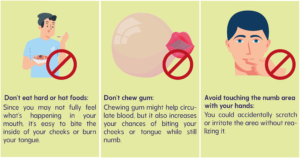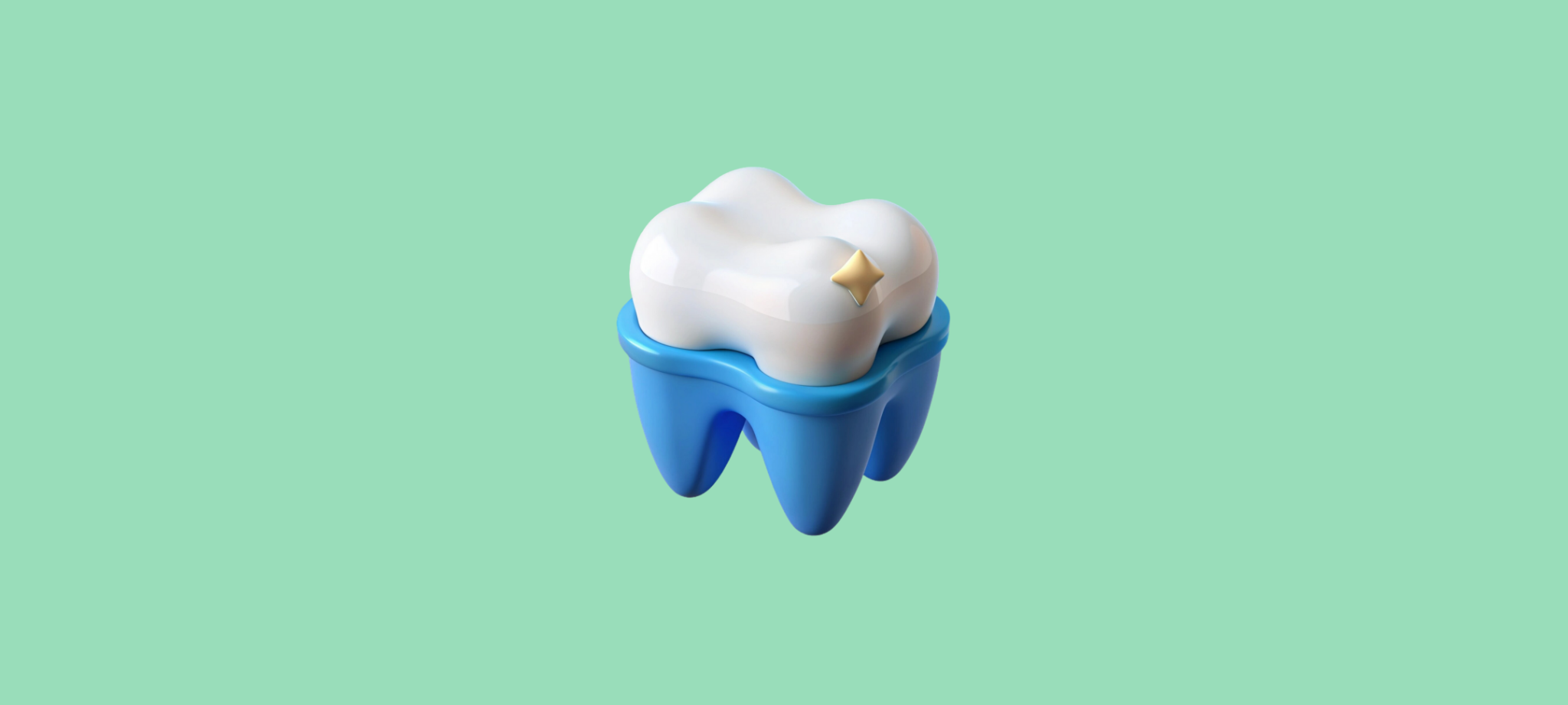If you’ve ever had a dental procedure that required anesthesia, you’re probably familiar with the numbness or “freezing” sensation that lingers afterward.
While dental freezing helps prevent pain during procedures, it can also leave you with an uncomfortable numb feeling in your mouth, lips, and even your face for hours after the dental visit.
The question most people have is: how can you make dental freezing go away faster?
This blog explores the best ways to reduce the duration of numbness after dental work and how to manage it safely and effectively.
What is Dental Freezing?
Dental freezing, or local anesthesia, is commonly used in procedures like fillings, extractions, and root canals. It temporarily blocks nerve signals in the treated area, preventing pain. The numbness is usually caused by medications such as lidocaine or novocaine.
Typically, the effects of dental freezing last anywhere from 1 to 4 hours, depending on the dosage and the individual’s metabolism. For some, the numbness can linger longer, which can be uncomfortable, especially if you’re eager to eat, talk, or return to normal activities.
Why Does Dental Freezing Last So Long?
The duration of dental anesthesia depends on several factors:

- Location of the injection: Areas with more blood flow tend to metabolize anesthesia faster.
- Type and amount of anesthesia used: Stronger anesthetics or larger amounts will last longer.
- Individual metabolism: Your body’s ability to break down the anesthetic can differ from someone else’s.
How to Make Dental Freezing Go Away Faster
Although you can’t completely eliminate the numbness immediately, there are several methods to help reduce the time it takes for the freezing to wear off:
1. Move Your Mouth Gently
One of the simplest ways to help the freezing wear off faster is to increase blood circulation in the affected area. Try gently moving your mouth, lips, and cheeks by talking or making soft facial movements. Avoid any vigorous movements that could potentially cause injury while your mouth is still numb.
2. Massage the Affected Area
If your face is still numb and uncomfortable, lightly massaging the area around the injection site (but not directly on it) can stimulate blood flow and speed up the anesthetic’s breakdown. Be careful not to apply too much pressure, as you may not feel if you’re pushing too hard due to the numbness.
3. Warm Compress
Applying a warm compress to the numb area can also help increase blood circulation and reduce the duration of numbness. Make sure the compress is warm, not hot, to avoid burning your skin. Hold it to the affected area for 10-15 minutes and repeat if necessary.
4. Stay Active
Physical activity is another way to get your blood flowing and help the anesthesia wear off. Go for a brisk walk, do light stretching, or engage in other low-impact activities to increase circulation throughout your body, including your mouth.
5. Take Advantage of Reversal Agents
In some cases, your dentist may offer a medication known as Oraverse, which is a local anesthetic reversal agent. Oraverse works by increasing blood flow to the area, speeding up the removal of the anesthetic from your system. Ask your dentist if this option is available for you after your procedure.
6. Hydrate
Drinking plenty of water can help your body metabolize the anesthetic faster. Staying hydrated increases blood flow and helps flush out toxins, including anesthesia, from your system. Aim to drink at least 8 glasses of water throughout the day after your dental procedure.
7. Avoid Caffeine and Alcohol
While hydration is crucial, avoid caffeinated or alcoholic beverages after your procedure. Both substances can dehydrate you, which may slow down your body’s ability to process the anesthetic. Stick to water or other non-caffeinated, non-alcoholic drinks.
8. Give it Time
While it’s not a quick fix, sometimes the only thing you can do is wait. Numbness will naturally wear off as your body processes the anesthetic. Trying to eat, chew, or speak too soon can result in biting your tongue, cheek, or lips, so patience is key.
What NOT to Do When You’re Numb
When your mouth is still numb, you should be cautious of a few things to avoid injury or discomfort:

- Don’t eat hard or hot foods: Since you may not fully feel what’s happening in your mouth, it’s easy to bite the inside of your cheeks or burn your tongue.
- Don’t chew gum: Chewing gum might help circulate blood, but it also increases your chances of biting your cheeks or tongue while still numb.
- Avoid touching the numb area with your hands: You could accidentally scratch or irritate the area without realizing it.
FAQs About Dental Freezing and Numbness
1. How long does dental freezing typically last?
Dental freezing usually lasts between 1 to 4 hours, depending on the type of anesthetic used and individual factors like metabolism and blood flow.
2. Why is my mouth still numb after 4 hours?
For some individuals, the effects of local anesthesia can last longer, sometimes up to 6-8 hours. Factors like the dosage, the injection site, and individual metabolism can contribute to longer-lasting numbness.
3. What can I do to speed up the process of dental freezing wearing off?
To speed up the process, you can try gentle movements, applying a warm compress, staying active, and staying hydrated. Some dentists also offer Oraverse, a reversal agent for anesthetics.
4. Is it safe to eat while my mouth is still numb?
It’s best to avoid eating until the numbness wears off, as you can easily bite your cheeks, lips, or tongue. If you must eat, stick to soft, cool foods that don’t require much chewing.
5. Can I drink hot coffee after dental anesthesia?
You should avoid hot beverages, like coffee, while your mouth is still numb, as you might burn yourself without realizing it. Wait until the feeling returns to your mouth.
6. What is Oraverse, and how does it help with numbness?
Oraverse is a reversal agent that helps speed up the process of the anesthetic wearing off. It works by increasing blood flow to the area, helping your body metabolize the anesthetic faster.
7. Is numbness after dental work ever a cause for concern?
In most cases, numbness from dental freezing is not a cause for concern. However, if your numbness persists beyond 8 hours or if you experience unusual symptoms, such as pain or swelling, contact your dentist for advice.
8. Can exercise help dental freezing go away faster?
Yes, physical activity increases blood circulation, which can help your body process and eliminate the anesthesia more quickly. Light exercise, such as walking, may help reduce numbness.
Final Thoughts
While dental freezing is a necessary part of many dental procedures, it’s natural to want the numbness to wear off as soon as possible.
By following these simple strategies—like gentle movement, staying hydrated, and using a warm compress—you can help the anesthetic wear off faster and regain feeling in your mouth sooner.
Remember, if you’re unsure or the numbness lasts longer than expected, don’t hesitate to reach out to your dentist.


